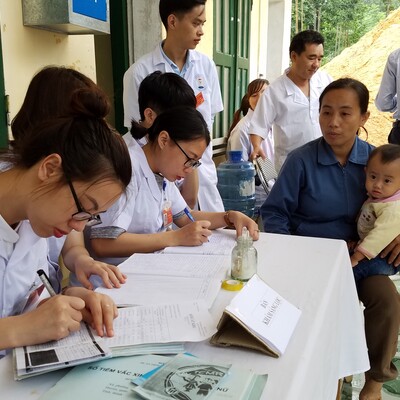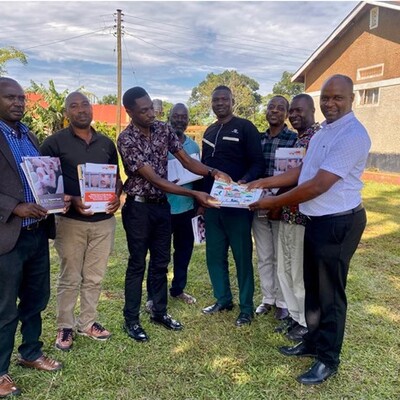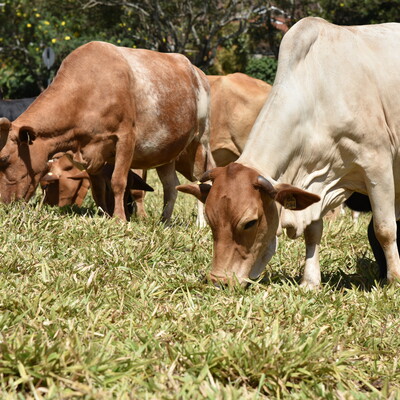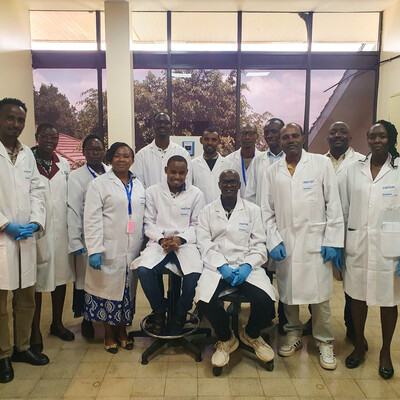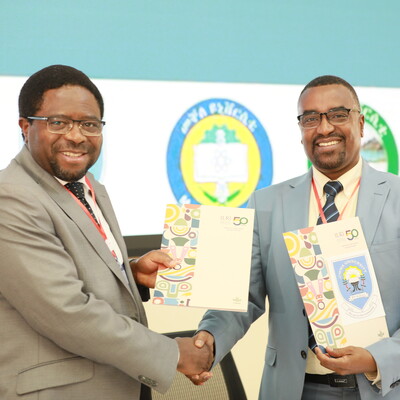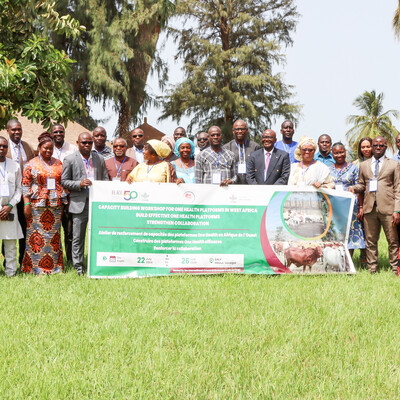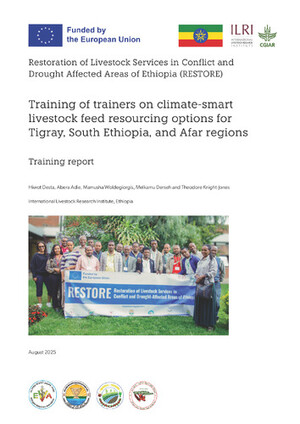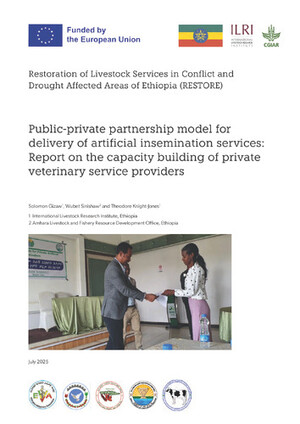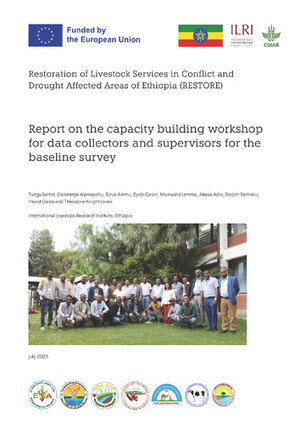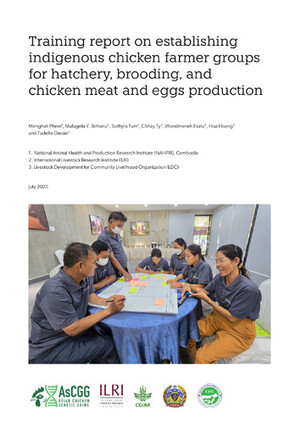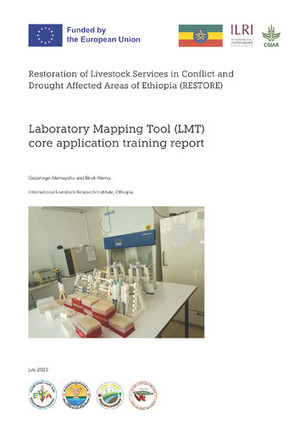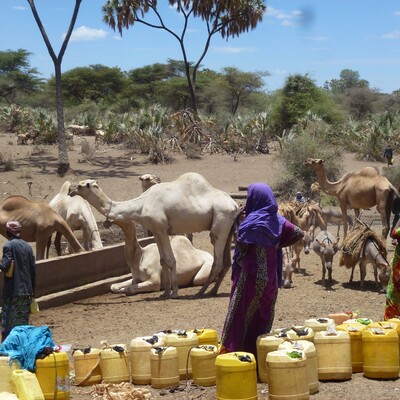
ILRI CapDev Grand Challenge research pitching contest shows potential to grow transformational livestock researchers
On April 13, 2022, 30 graduate students and research fellows from National Agricultural Research Systems (NARS) in countries where ILRI works gathered virtually for ILRI’s CapDev Grand Challenge research pitching contest. The CapDev Grand Challenge is a 10-month process conceived and designed by ILRI’s head of capacity development, Wellington Ekaya, to grow transformational next-generation livestock-sector professionals by equipping them with the people and leadership skills necessary to contribute not just to new research but also to development outcomes. As one of four phases in the CapDev Challenge process, ‘the pitching contest is designed to build capacity around effective science communication and create momentum and excitement among the researchers as they take on soft skills training’, said Ekaya.
The 30 contestants were composed of ILRI fellows and staff along with those nominated by partner organizations, including the International Foundation for Science and the Feed the Future Innovation Lab for Livestock Systems. Each contestant was given three minutes to present an overview of their research project, after which a panel of seven judges had five minutes to ask the contestants questions about their research.
The event began with comments from ILRI assistant director-general Shirley Tarawali, who called the contest ‘an incredible opportunity for the presenters and the beginning of a journey of growth’ as they transition from graduate training to national research. Tarawali highlighted the contest’s ability to teach the soft skills that allow scientists to ‘share the why behind the what of their research’—a necessary step towards improving their engagement with policymakers and ensuring their research has impact.
Next to speak was chief judge Judith Ann Francis, a distinguished international development expert who has served as the chief judge for the contest since 2020. Building on Tarawali’s comments, Francis noted that ‘the pandemic has showcased the value in nurturing talent, rewarding excellence and developing the soft skills of our scientists to communicate effectively and use evidence to influence policy’. She concluded her opening remarks with the important message that ‘the pursuit of science must yield knowledge outputs that can be optimized to achieve transformational change in the agri-food system’.
As the presentations got underway, a defining characteristic of the contest emerged: its diversity. Out of the 30 contestants, 11 were women. The contestants also came from a variety of countries—in addition to those from Kenya, contestants came from Cote d’Ivoire, Uganda, Ethiopia, South Africa, Rwanda and India. ‘This diversity is important because it gives the young researchers an opportunity to share experiences across different countries and hybridize their thinking around challenges and opportunities on a given topic’, said Ekaya.
The contest’s diversity extended to the topics the contestants covered, ranging from food quality risks in Ethiopia to methane emissions from livestock in sub-Saharan Africa to new vaccines for East Coast Fever. This diversity of topics illustrates just how much the next generation of livestock researchers can accomplish. As Tarawali said, ‘this research can lead to impacts on the big development challenges we face today—on food and nutrition security, income and prosperity, equity, health, climate change and so on’.
After each presentation, the judges asked contestants questions about the sustainability of their research and how it could be used to influence policy, thereby encouraging the contestants to consider how their research could be improved to maximize its impact. ‘This teaches researchers to think about how to take their research to the next level’, said Ekaya.
At the end of the contest, Ekaya was ‘impressed by the contestants’ level of preparedness and dedication to their research’. The winners of the contest will be announced at an award ceremony on April 19th.
As another successful pitching contest comes to a close, it has become clear that the contest, and the CapDev Challenge more generally, have an important role to play in growing the next generation of researchers. Moving forward, ‘this model should be replicated to support national and global efforts for achieving transformational change in agri-food systems’, said Francis. ‘It is time to grow it big’, added Ekaya. ‘It has shown its potential to grow transformational leaders’.
Associated stories:
CapDev poster named best in class






